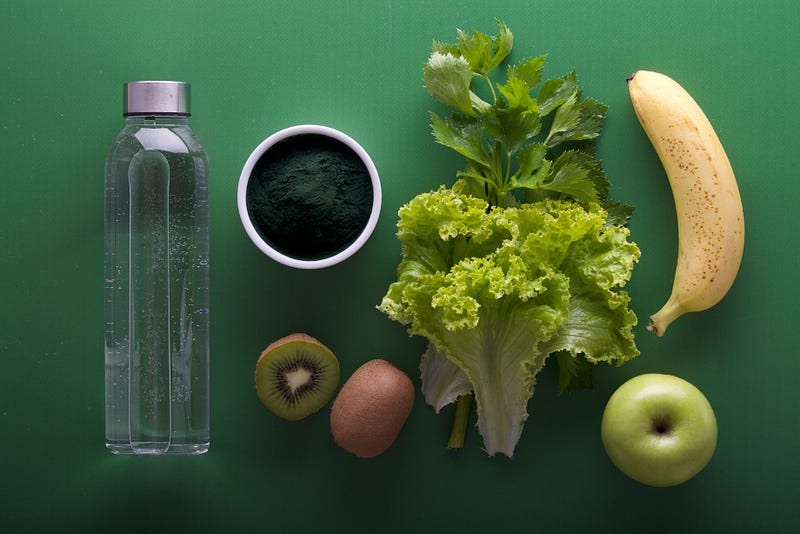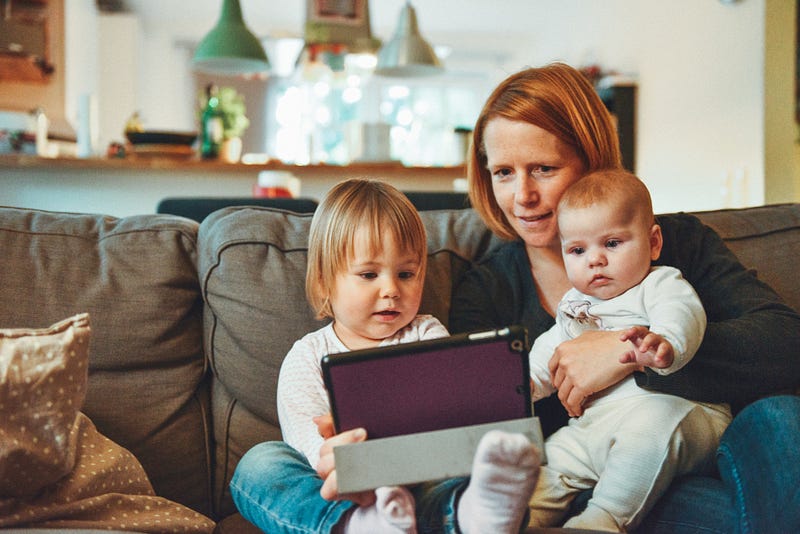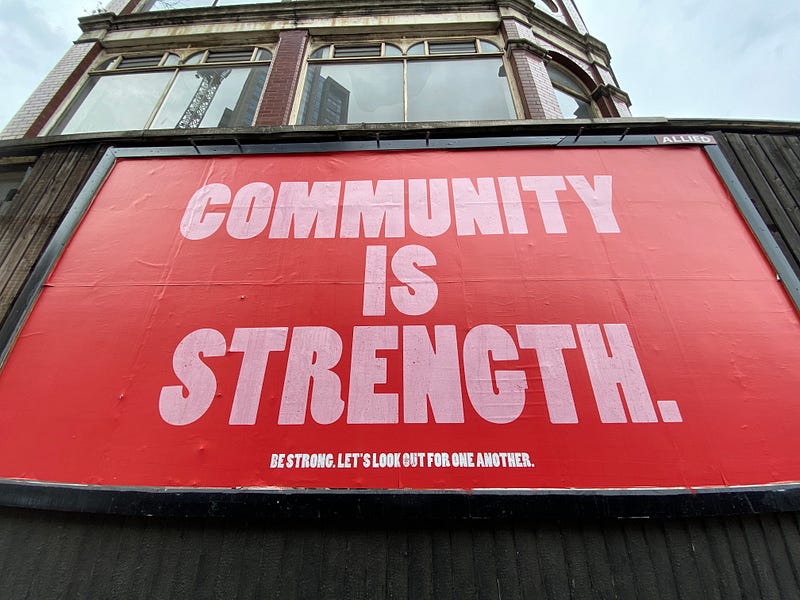Building Your Ultimate App Arsenal Based on Maslow's Pyramid
Written on
Chapter 1: Introduction to Maslow's Hierarchy of Needs
Many of you may recognize Maslow's Hierarchy of Needs, but for those unfamiliar, here's a quick summary:
Developed by the esteemed psychologist Abraham Maslow, this model is represented as a pyramid illustrating the different types of needs individuals possess. The foundational level consists of basic requirements like food, water, and sleep. As one ascends the pyramid, the needs become increasingly complex, encompassing safety, love, and self-actualization. Everyone begins at the base and strives to reach the summit.
In today's world, we are often accompanied by mobile phones and have access to laptops and desktops at both work and home. Applications are becoming increasingly tailored to meet our specific needs, boasting customization options and AI technology that adapts to our routines and habits.
However, we may find ourselves overwhelmed with outdated or unnecessary apps, making it challenging to decide what to keep or discard. So, why not employ Maslow’s Hierarchy as a framework to curate an exceptional collection of apps that support every facet of your life?
In this guide, I will categorize various types of apps according to specific levels of Maslow’s pyramid, alongside examples of the apps I personally use. It’s crucial to remember that my experiences are based in the UK, and your preferences may differ. Choose apps that resonate with you, ensuring you have one for each category listed below.
Let’s get started!
Chapter 2: Foundation of Life (Physiological Needs)

This level focuses on fundamental requirements such as breathing, food, hydration, sleep, and intimacy.
Breathing
Most smartphones come equipped with health applications (like those from Apple, Samsung, and Google) that often function best with smartwatches, yet many features are accessible without them. Breathing exercises available in these apps can significantly alleviate stress. For a dedicated option, consider Breathwrk, which is available on both Apple and Android platforms.
Food
Grocery delivery applications from local supermarkets, along with platforms like Uber Eats and Deliveroo, can be extremely helpful. Many supermarkets in the UK, such as Tesco and Asda, provide loyalty programs to save you money.
Hydration
The Huawei Health app allows users to monitor their daily water intake and can be paired with a smartwatch. Alternatively, check out dedicated hydration apps like WaterMinder.
Sleep
The health apps mentioned earlier also track sleep patterns effectively, especially when paired with a smartwatch. If sleep quality is a concern, exploring breathing exercises or soothing sound apps might help. The Sleep Foundation recommends Calm and Headspace for relaxation and meditation.
Chapter 3: Ensuring Safety (Safety Needs)

This tier encompasses security, employment, resources, health, and property.
Finances
Having your bank's app on your phone is essential for tracking spending. Additionally, consider credit score management apps and savings applications. Payment apps like PayPal and CashApp are especially useful for freelancers or self-employed individuals.
Clothing and Resources
Look for a reliable app for purchasing clothing and essentials. Amazon often provides competitive prices, but explore alternatives that may be better suited to your needs.
Employment
Different regions have their own job search applications, with LinkedIn being a universally helpful tool. Also, consider using AI features from platforms like Craft Docs to enhance your resume.
Health
Apps like Ada can assist in health diagnoses, guiding you on whether a doctor's visit is necessary. Many family doctors now have apps for booking appointments or sending e-consults, which can be invaluable in emergencies.
Property
Depending on your location, have a property search app ready for rentals or home purchases.
Chapter 4: Building Connections (Love/Belonging Needs)

This level addresses friendships, family ties, and intimacy.
Messaging apps and social media platforms are crucial for maintaining connections with loved ones. Consider whether you can streamline your social media use to minimize distractions. If everyone you know uses WhatsApp, perhaps you don’t need to check Instagram or TikTok constantly.
To foster a sense of community with shared interests, explore platforms based on your hobbies, such as Reddit or Twitch.
Chapter 5: Gaining Respect (Esteem Needs)

At this level, self-esteem, confidence, achievement, and mutual respect are key.
Consider fitness apps like Fitbit or STRAVA, which cater to various exercise types. Nutrition apps such as MyFitnessPal can also be beneficial. For mental health support, therapy apps like BetterHelp and Talkspace may provide assistance.
Goal-setting tools like ClickUp and productivity apps like Todoist can help you stay organized and achieve your objectives. Additionally, side-hustle apps like Fiverr and Etsy allow you to leverage your talents for extra income.
Chapter 6: Reaching Your Potential (Self-Actualization)

This pinnacle involves spirituality, creativity, spontaneity, and problem-solving.
For spirituality, meditation apps such as HeadSpace and Calm are valuable. Creativity can be nurtured through apps like Craft Docs, which I highly recommend for writing projects. Milanote and XTiles are excellent for visual planning.
Spontaneity requires reliable travel apps for both local and long-distance journeys. Be prepared for impromptu adventures by having the right information at your fingertips.
For problem-solving, leverage tools like ChatGPT and Wolfram Alpha. Stay informed about current events with news apps such as BBC News or The Guardian.
In Conclusion
Now it’s time to assemble your ultimate app team based on Maslow’s framework. You might even want to create a dedicated folder for them on your device. You may already have several of these apps and use them frequently. However, if you have an app that doesn’t seem to fit within the pyramid's structure, consider removing it to create space for more fulfilling activities.